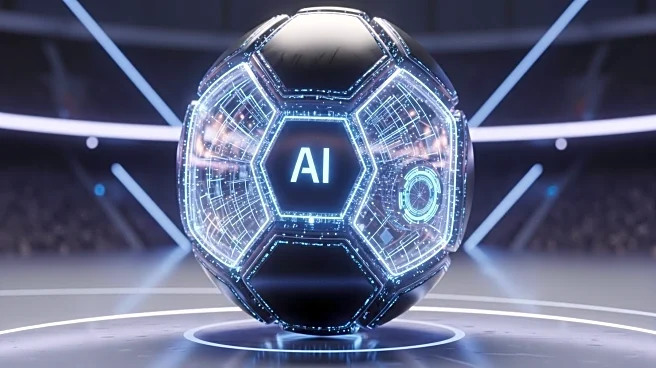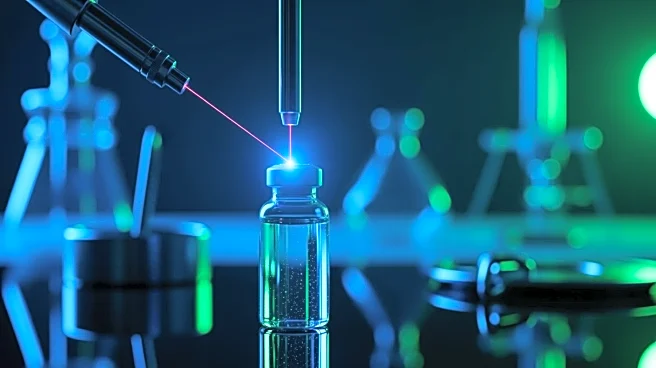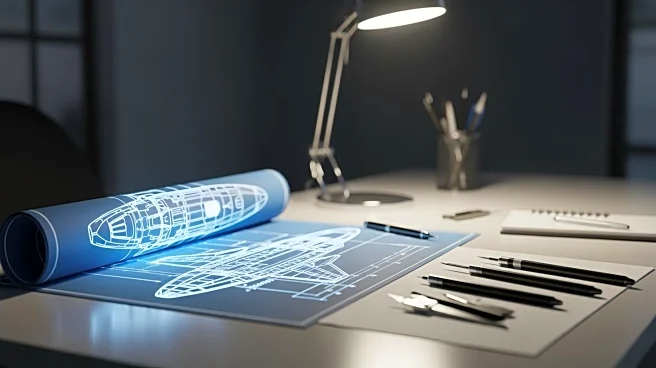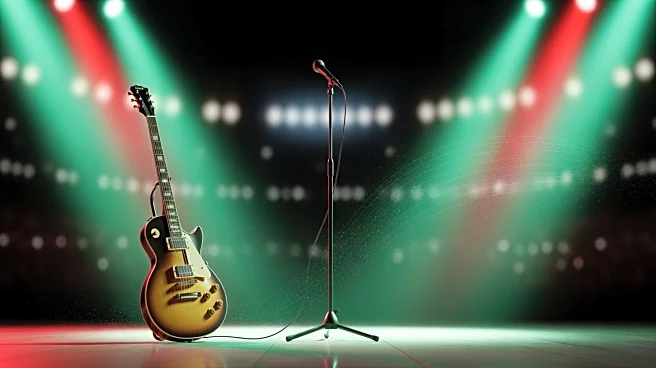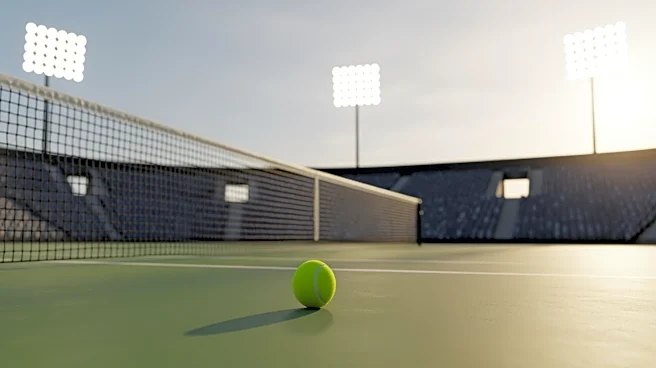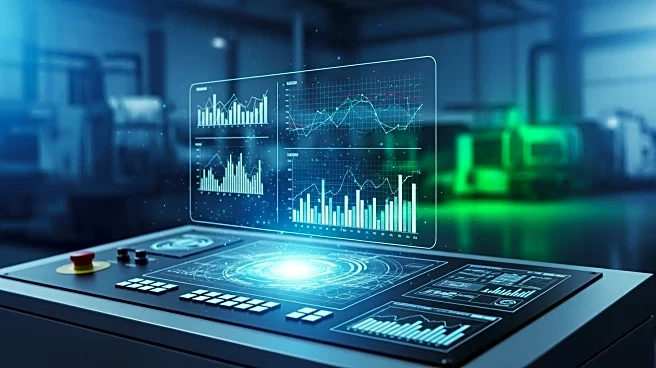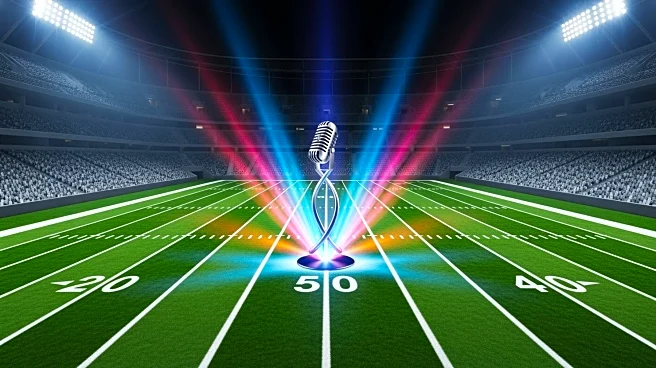What is the story about?
What's Happening?
Adidas has introduced the Trionda, an AI-powered soccer ball designed for the 2026 FIFA World Cup, which will be hosted by the United States, Canada, and Mexico. The ball's name, meaning 'three waves' in Spanish, reflects the collaboration between the three host nations. The Trionda features a chip as part of Adidas' Connected Ball Technology, which integrates with the VAR system to assist officials in making precise offside and handball calls. This technological advancement aims to improve the accuracy of officiating during matches, potentially reducing errors and enhancing the overall fairness of the game.
Why It's Important?
The introduction of AI technology in the Trionda ball represents a significant step forward in sports officiating, particularly in soccer, where accurate calls are crucial. By providing real-time data to the VAR system, the ball can help prevent incorrect decisions that might lead to disputes or even riots among fans. This innovation could set a precedent for future sports events, encouraging the integration of technology to enhance the integrity and enjoyment of the game. Stakeholders such as teams, players, and fans stand to benefit from more reliable officiating, potentially leading to a smoother and more engaging World Cup experience.
What's Next?
As the 2026 World Cup approaches, further testing and refinement of the Trionda ball's technology are expected to ensure its effectiveness during the tournament. FIFA and Adidas may collaborate on promotional activities to showcase the ball's capabilities and educate officials on its use. Additionally, the successful implementation of AI in the Trionda could inspire other sports to adopt similar technologies, potentially revolutionizing how games are officiated across various disciplines.
Beyond the Headlines
The use of AI in sports equipment raises questions about the balance between technology and tradition in sports. While technological advancements can enhance accuracy and fairness, they also challenge the traditional aspects of the game, such as human judgment and skill. This development may spark discussions on the ethical implications of relying on technology in sports and how it affects the role of referees and officials.
